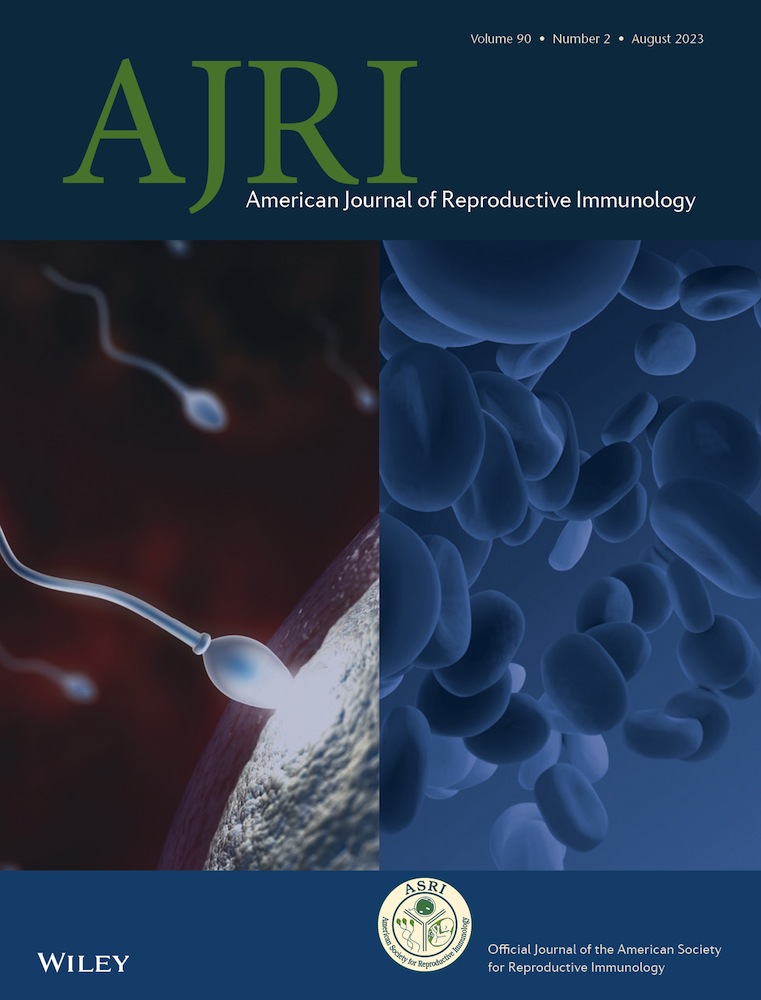Functional interferon-epsilon gene polymorphisms and sexually transmitted infections of the endometrium
Abstract
Problem
Interferon-epsilon (IFNε) is the only type I IFN constitutively expressed in the female reproductive tract and fluctuates across the menstrual cycle in humans. Mouse models show that IFNε protects against Chlamydia trachomatis, Herpes Simplex Virus, HIV, and Zika in mice, but human studies are limited. Bacterial sexually transmitted infections (STI) can ascend to the upper genital tract and cause pelvic inflammatory disease (PID) and subsequent infertility. However, the host immunological mechanisms that play a role in the ascension and infection of the endometrium in individuals with clinically suspected PID are not elucidated.
Method of study
This pilot investigation determined if IFNε gene variants are associated with bacterial vaginosis (BV) and endometrial infection with C. trachomatis, Neisseria gonorrhoeae, and Mycoplasma genitalium using biospecimens from 154 self-report Black individuals who participated in the PID Evaluation and Clinical Health (PEACH) study.
Results
The T allele for rs2039381 was associated with endometrial STI infection (OR 2.7, 95% CI: 1.0-7.1) and the C allele for rs1125488 was inversely associated with BV (OR: .2, 95% CI: .05-.8).
Conclusions
Few studies have examined IFNε gene variants, our study raises the possibility that IFNε gene variants may be a potential host contributor to STI pathogenesis.
CONFLICT OF INTEREST STATEMENT
The authors declare no conflicts of interest.
Open Research
DATA AVAILABILITY STATEMENT
Data available on request from the authors: The data that support the findings of this study are available from CLH upon reasonable request.




